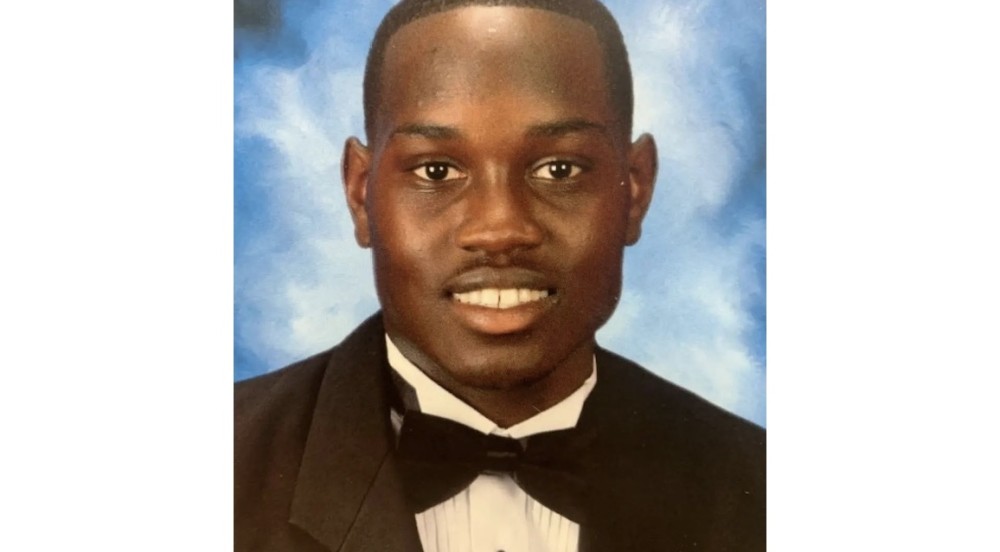A lawmaker from St. Louis is seeking to pass a bill named after Ahmaud Arbery which would prevent similar cases from occurring in Missouri by placing limits on arrest laws, the St. Louis Dispatch reports.
Sponsored by Sen. Steve Roberts, D-St. Louis, the “Ahmaud Arbery Act” would repeal “a private person’s right to make an arrest as it existed under the common law of this state,” legal protection that was pivotal in Arbery’s killer's defense.
“By passing the ‘Ahmaud Arbery Act,’ Missouri can demonstrate to vigilantes that it doesn’t tolerate any person taking the law into their own hands,” said Roberts, who is the Senate Minority Whip and is the youngest Black senator to serve in the upper chamber.
Fatal interactions of citizen arrests in Missouri have largely gone under the radar but are increasing, Roberts said in an interview with Missouri Times.
“The focus is to deter a situation where you’ve got someone, in essence, being hunted down,” he added.
He cited the case of Jason Dudley who was shot after a man suspected him of stealing his vehicle.
“Dudley had no idea who this vigilante was,” Roberts said. “He wasn’t a uniformed officer. This man to him was a stranger with a gun approaching him on the street. Had officers been present instead of an individual taking the law into their own hands, it’s likely a life would have been saved.”
As expected, several Republican committee members had issues with the deadly force limitations and questioned whether the limits would "penalize a person trying to stop a violent offender from potentially hurting others."
Sen. Tony Luetkemeyer, R-Parkville, argued that the bill should only ban misdemeanor arrests.
“With dangerous felonies, murders committed in your presence—we’re eliminating citizen’s arrest in all these circumstances under current state law to deal with the circumstance in Georgia,” Luetkemeyer said. “Doesn’t it seem like we’re going a bit too far? Overreacting?”
Sharon Jones of the Missouri State Conference of the NAACP notes that the law will serve as a protection against vigilantes who think they are above the law.
“I hear what you’re saying—we don’t want people to just turn a blind eye to crimes happening in their presence, especially if they’re violent crimes,” Jones said. “But we also want people to understand their responsibility is not to take the law into their own hands. Their responsibility is to contact trained and equipped law enforcement officers.”













